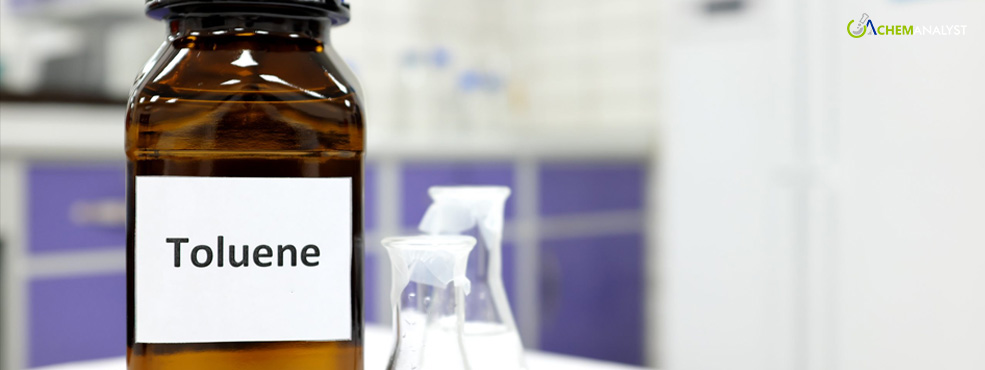Welcome To ChemAnalyst

Hamburg (Germany)- Toluene prices have risen in the German market due to increased demand from manufacturing units for various end-uses such as Toluene diisocyanate, disinfectants, thinners, paints, coatings, and other solvents. Several factors, including heightened production costs, steady solvent demand, constrained supply chains, and limited regional inventories, have impacted the final selling prices of Toluene. The European construction sector, which stabilized in the previous quarter, has shown signs of recovery, further boosting demand. Additionally, rising energy prices, colder temperatures, and increased natural gas and naphtha costs have influenced overall Toluene prices in the domestic market. As of the week ending February 23rd, Toluene prices in the German market stood at USD 1115 per MT, FOB Hamburg.
Wholesale gas prices in the European market displayed mixed movements, trading within a limited range despite anticipated colder weather, offset by sufficient inventories and subdued demand. The ongoing energy crisis in Europe, compounded by geopolitical tensions and a fragile global economy, continues to impact Toluene consumers. The escalating threat of Houthi attacks in the Red Sea region has further complicated matters, tightening global trade. Surging freight rates, increased insurance costs, and a growing shortage of containers have further impacted the final selling prices of Toluene, particularly affecting small and medium-sized enterprises (SMEs) concerned about goods reaching buyers under challenging conditions.
In February 2024, the Manufacturing Purchasing Managers' Index (PMI) decreased to 46.1 from January's 46.6, falling short of the expected 47. This decline signals a decrease in manufacturing output, accompanied by significant drops in new orders and export orders. However, easing input buying pressure has slightly improved supply chain conditions, with supplier delivery times improving following disruptions in January and input prices decreasing at a slower rate.
The International Energy Agency (IEA) noted that crude oil demand growth is slowing down as the post-pandemic consumption recovery nears its end, despite January's arctic conditions tightening market balances. Amid Europe's economic downturn and energy crisis, the EU's industrial policies lacking ambition have influenced strategic decisions by companies, leading to reduced investment and prompting multinationals to explore other markets. The European chemicals sector, in particular, is struggling to compete with other regions.
Geopolitical tensions and conflicts in the Red Sea region have disrupted price dynamics, prompting retailers and Toluene buyers to exercise caution in placing large orders for Toluene and its derivatives. These uncertainties are expected to impact final selling prices in the European market. ChemAnalyst anticipates that Toluene prices in the region will steadily increase in the upcoming week, influenced by rising inflation rates and significant domestic production costs.
We use cookies to deliver the best possible experience on our website. To learn more, visit our Privacy Policy. By continuing to use this site or by closing this box, you consent to our use of cookies. More info.
